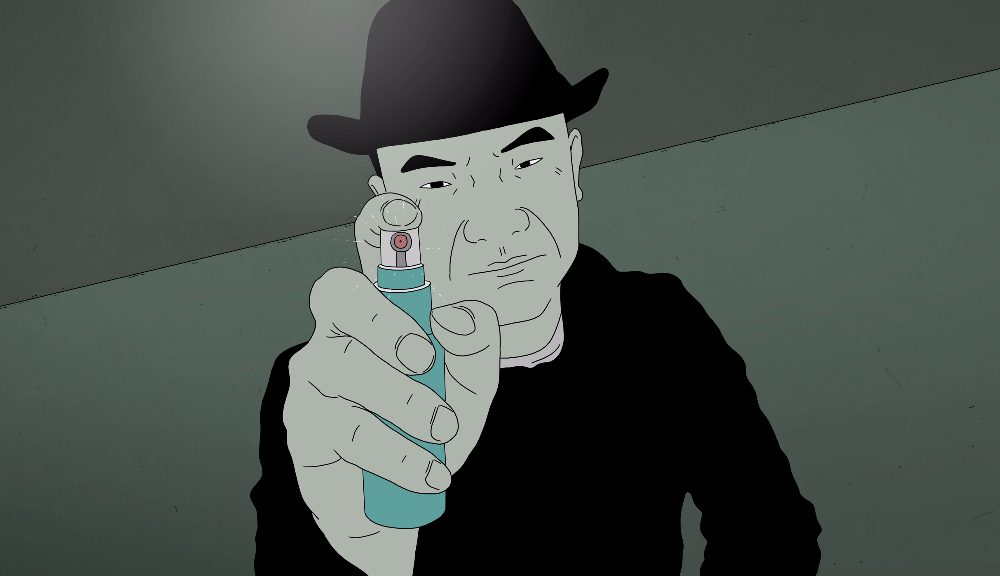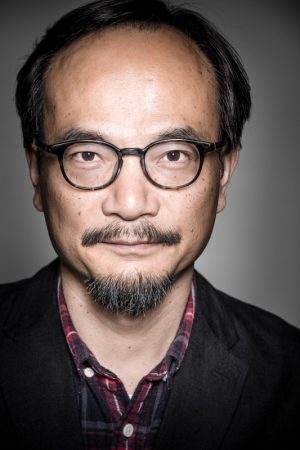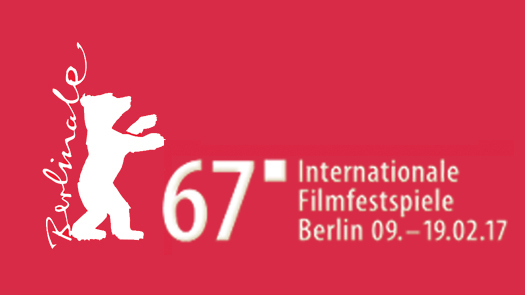Hao ji le (Have a Nice Day): An interview with director Liu Jian

In an age where so many animated movies are designed to sell a million toys and plotted for an audience with the attention span of a drunk goldfish, it’s refreshing to encounter a feature that is not constructed in this manner. Hao ji le (Have a Nice Day) is the new film from Chinese director Liu Jian, and it’s a riotous story of a collection of disparate characters, all hustling and fighting to get their hands on a bag that contains rather a lot of stolen money. We met with Liu Jian at this year’s Berlinale, where it’s one of the few animated films to ever have been selected for the festival’s main competition.
You open the film with a Tolstoy quote, which was surprising in many ways. How do you feel this set the scene for what was about to unfold?
I like his work, and I think a lot of situations addressed in his work were relevant to modern China, as we hopefully see in the film.
The film revolves around a collection of characters trying to recover a bag of money. To be envious of wealth is certainly quite common in the West. Is it becoming increasingly common in China?
The envy is what we see, but what I wanted to tell was deeper, like human nature and destiny, the destiny and choices we face.
Did you have any cultural references for the types of characters in the film? They don’t fit any common archetypes.
I think this is, well, I don’t have any specific references. I think Have a Nice Day is modern China, and is set in a very common small town in Southern China. It’s not about any specific characters in that way, and is more of a cross section of personalities.
Was it important to also depict a cross section of social classes?
The film has people from different social classes. But they all come together in this small town, sort of like they’re on the margins of a larger city. Because of this one bag of cash, and the transition of this money, all their lives changed.
Some of the references are surprisingly current. How did you manage to reference both Brexit and Donald Trump in the film?
This is a tactic I use all the time. Of course, production takes a lot of time when you’re making an animated film. In this case, it was three years, and something that was relevant three years ago might not be relevant by the time the film is actually finished. So I will leave some gaps in the film, and when we’re close to being finished, I can fill these gaps with something that is relevant and modern.
At 75 minutes, it’s a brisk film. Animation, of course has to be carefully planned and you don’t animate scenes you don’t need. Was it always your plan to make the movie this length?
In the beginning we thought that it would be around 90 minutes, but in post production, we thought this 75-minute version was the best in terms of the story we wanted to tell, and it terms of the rhythm of the story.
There is a richness to the landscapes, even if the character design is minimalist. Tell us about the visual look of the film.
Before I started making films, I was a contemporary artist. So I see the film as an extension of my art creation. The theme I want to express in filmmaking is still the same as the themes I wanted to express with my other art. I use different tactics and a different medium of course. But the landscape in my films is a very, very important part.
Animated films are often redubbed for their release in English speaking countries. Is this something you have a problem with, since you are essentially losing your cast?
This has never happened to me before, so I can’t say how it feels. But I am sure it’s going to happen to me at some point.
Your film is the one of the few animated features to be selected for the competition section at Berlinale. What does this mean for you?
It means a lot to my film, and to me, personally. My first film mainly went to animation film festivals. And now this film has made it into the competition section at Berlinale! But I don’t see my film as animation as such, I like to see it as a film that happens to be animated. So I think this is a very important thing to make it into competition at Berlinale.
It’s a universal story, and yet is still distinctively Chinese. How well do you think the film will travel when it is released around the world?
This film is about contemporary China, and I want to show international audiences this view of China. But there’s a universal cinematic language, and I wanted to have a solid story with solid storytelling, and a unique, distinctive style to tell the story I wanted to tell. Film can be universal, it’s an international culture, so I hope that my film will be enjoyed regardless of the country where it’s seen.
Oliver Johnston
Photo: Gerhard Kassner / Berlinale
Read our review of Hao ji le (Have a Nice Day) here.
For further information about the 67th Berlin Film Festival visit here.
Read more reviews from the festival here.
Watch a clip from Hao ji le (Have a Nice Day) here:
https://youtu.be/mbfzSExle8k



























Facebook
Twitter
Instagram
YouTube
RSS